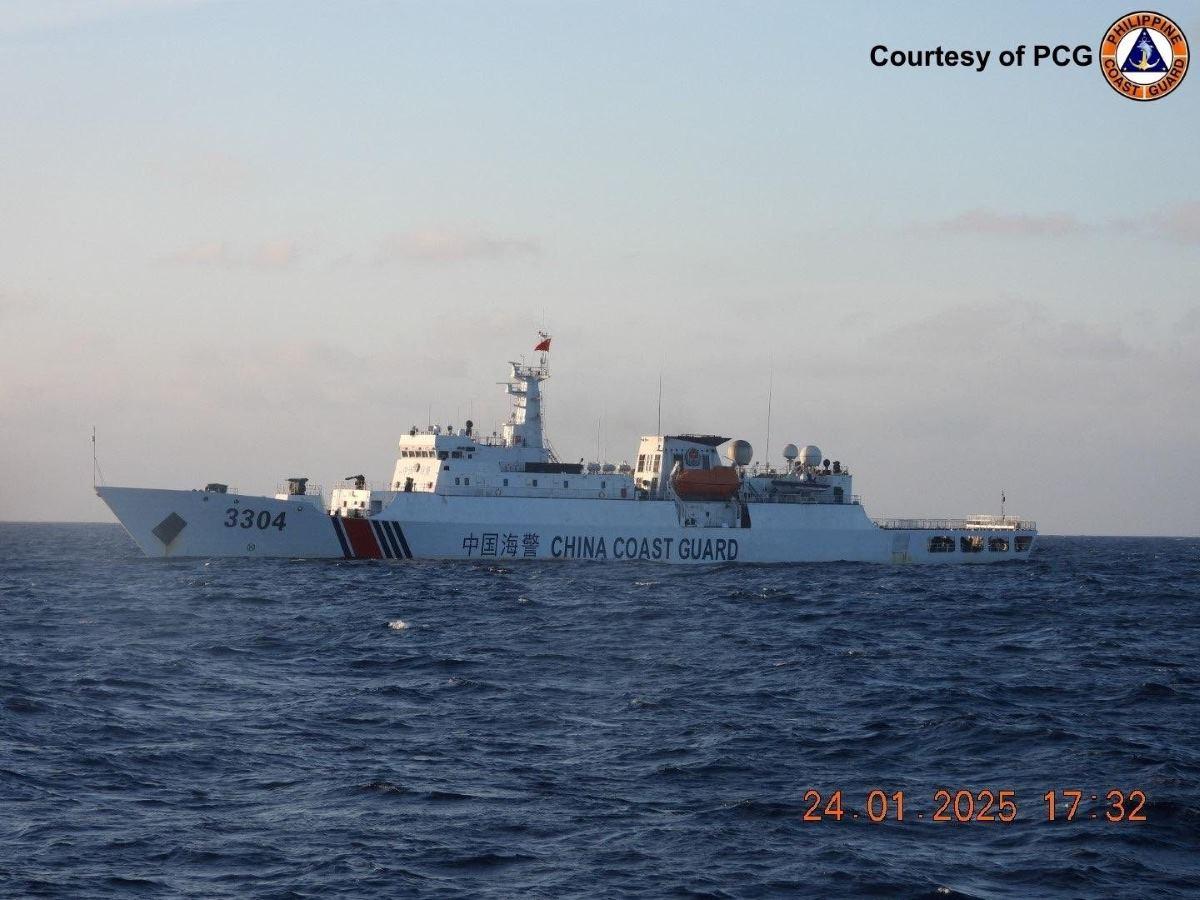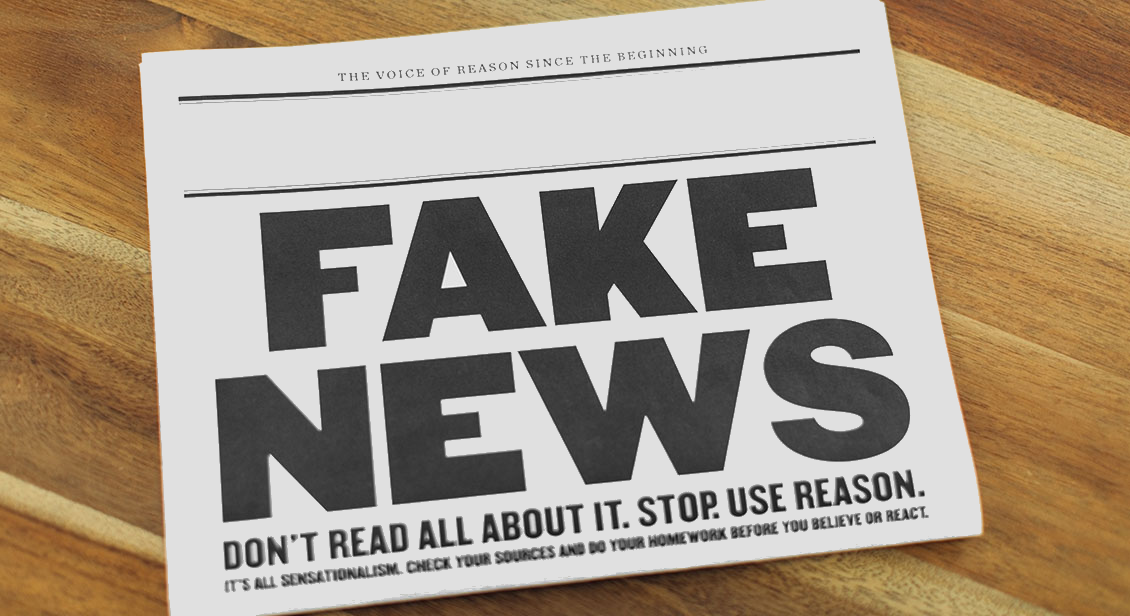US-Japan South China Sea statement ‘attacks and smears China' - Beijing
China continues to claim nearly the entire South China Sea, despite a 2016 ruling rejecting its claims. After a meeting in Washington, U.S. President Donald Trump and Japanese Prime Minister Shigeru Ishiba issued a joint statement opposing China’s actions in the region. In response, Chinese foreign ministry spokesman Guo Jiakun criticized the statement, calling it interference and escalating tensions. Beijing has recently become more assertive in pressing its claims, which overlap with several Southeast Asian nations.

US-Japan Joint Statement Sparks Outrage
Following high-level security talks, the United States and Japan reaffirmed their commitment to ensuring stability and freedom of navigation in the South China Sea, a vital trade route. The statement condemned "unilateral attempts to change the status quo by force," a remark widely interpreted as criticism of China’s military expansion in disputed waters.
Chinese Foreign Ministry spokesperson Wang Wenbin strongly rejected the statement, saying, "The US-Japan alliance is attempting to stir tensions and unfairly target China. These accusations are baseless and distort the reality of China’s legitimate maritime activities."
Beijing’s Response and Regional Impact
China maintains sweeping claims over most of the South China Sea, despite competing claims from several Southeast Asian nations, including the Philippines, Vietnam, and Malaysia. The Chinese government insists its presence in the region is lawful and accuses the US and Japan of interfering in regional affairs.
In response to the statement, Beijing has:
-
Deployed additional naval patrols in contested waters to assert its sovereignty.
-
Summoned Japanese and US envoys to protest what it calls "provocative rhetoric."
-
Warned of countermeasures, stating that any challenge to its territorial claims will be met with firm resistance.
Regional and Global Reactions
The joint statement has received support from US allies, including the Philippines, which has faced increased Chinese maritime activity near its exclusive economic zone. Philippine President Ferdinand Marcos Jr. welcomed the declaration, saying it "reinforces international law and the rights of smaller nations in the region."
Meanwhile, analysts warn that the escalating rhetoric could lead to heightened military activity, raising the risk of direct confrontations in the South China Sea.
The Road Ahead
As the dispute intensifies, diplomatic channels between Beijing, Washington, and Tokyo remain open, but the situation remains fragile. Experts suggest that upcoming multilateral talks, including ASEAN meetings, could play a crucial role in easing tensions.
For now, the South China Sea remains a flashpoint in global geopolitics, with China, the US, and Japan locked in a struggle over influence, security, and regional dominance.
What's Your Reaction?












/https://tf-cmsv2-smithsonianmag-media.s3.amazonaws.com/filer_public/54/66/546650fa-26a4-40fd-8d6d-5a7a04540f81/rosetta2.png)
:max_bytes(150000):strip_icc():focal(999x0:1001x2)/robert-prevost-050825-1-39395418ab494da5a3a700c9478e66c8.jpg)















































format(webp))
format(webp))


























